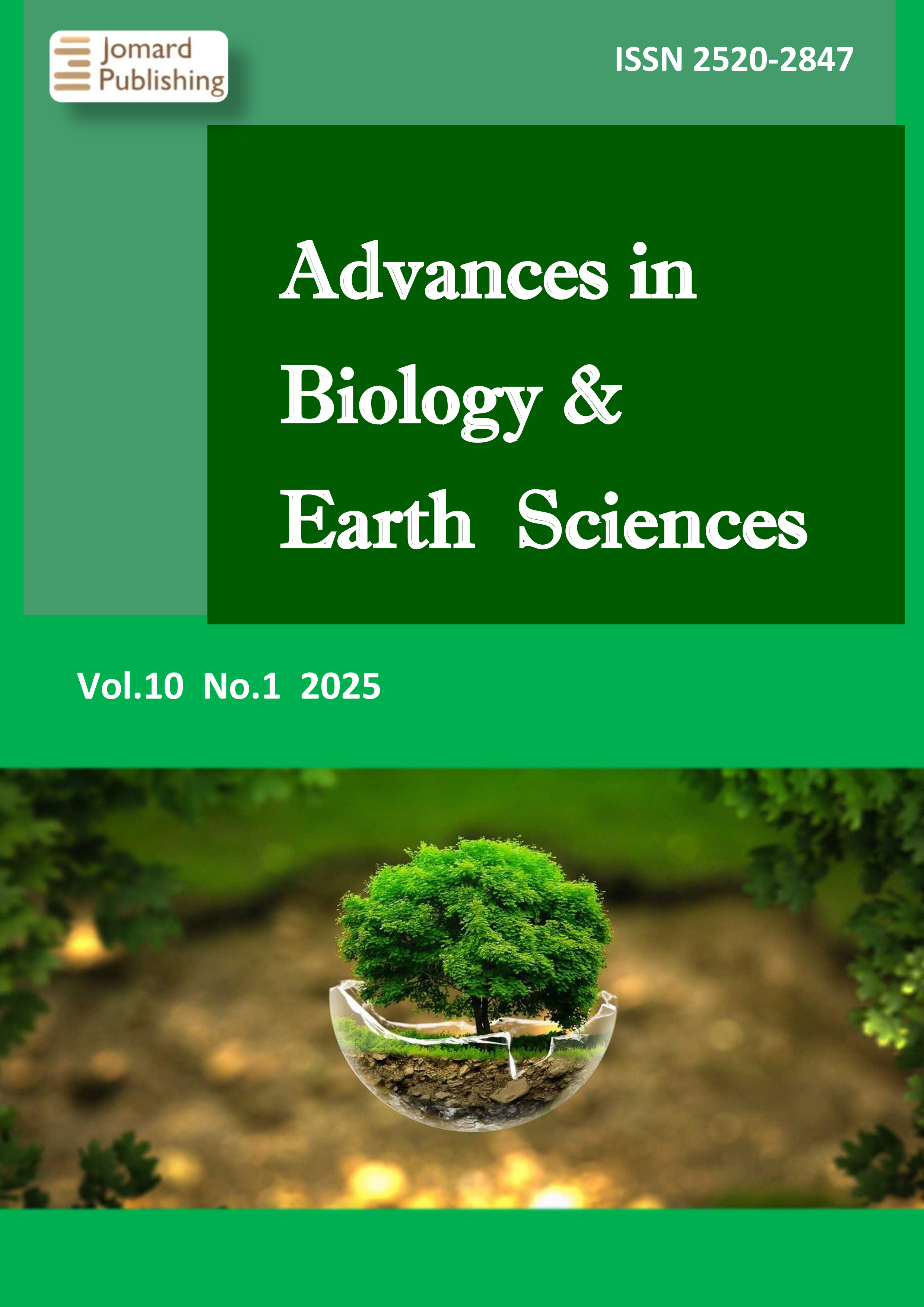Effect of Drought and Salinity Stress on Proline Accumulation in Potato (Solanum tuberosum L.) Genotypes
- Published: 15-04-2025
Share
The study of the mechanisms of plant resistance to unfavorable factors of various natures is one of the priority areas; it will allow us to get closer to understanding their nature and thereby effectively control ways to increase plant productivity. The purpose of this work was to study the activity of proline synthesis in potatoes under the influence of drought and salinity. As a result of the research, genetic variability in the accumulation of proline in potato samples exposed to abiotic stress factors was revealed. An increase in proline content was observed under both drought and salinity conditions. Moreover, with a more significant effect of drought stress, the proline content in leaves increased more significantly compared with a less significant effect of this factor. Based on cluster analysis of the results of changes in proline synthesis activity, a dendrogram was compiled that included 4 clusters. Under salt stress conditions, these genotypes had relatively low proline content. Thus, in our studies, exposure to abiotic stress factors led to a significant increase in the amount of free proline in potato plant tissues. Considering the fact that proline functions as an osmoprotector and antioxidant, it is clear that increasing its amount is aimed at protecting the plant from the negative effects of stressors.
- View 933
- Downloads 173
- Saveds 0
- Citations (Crossref) 0


